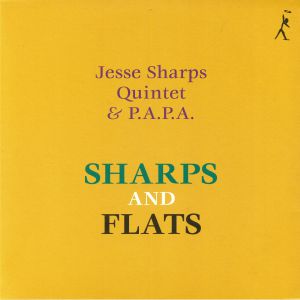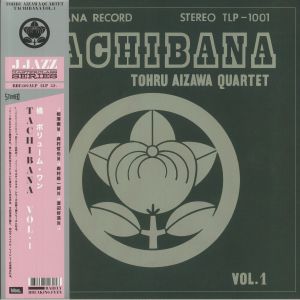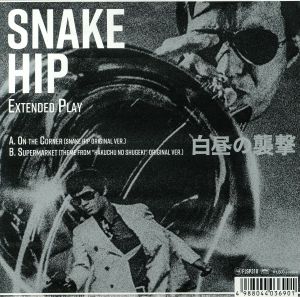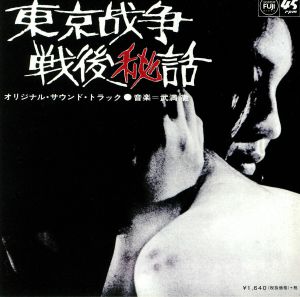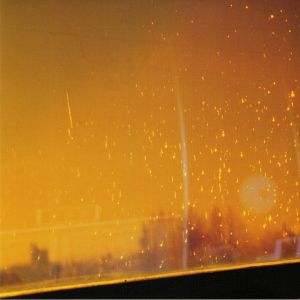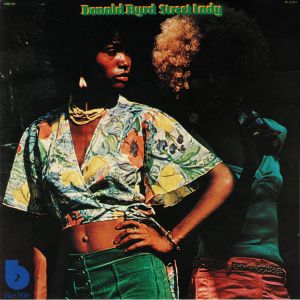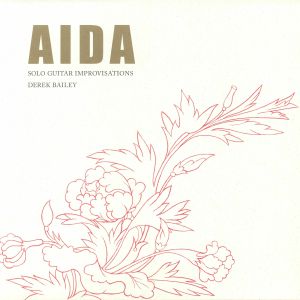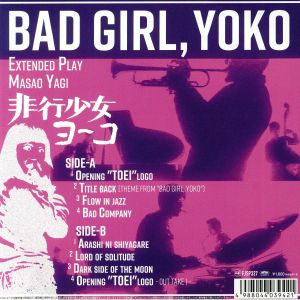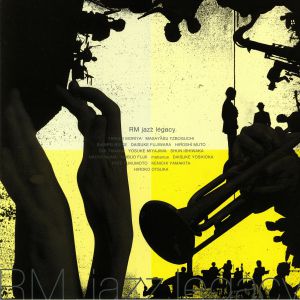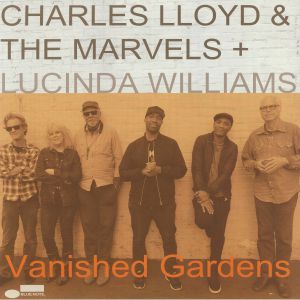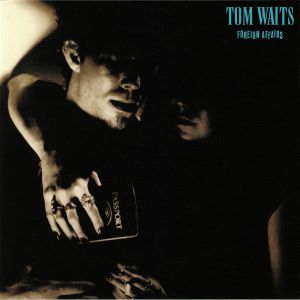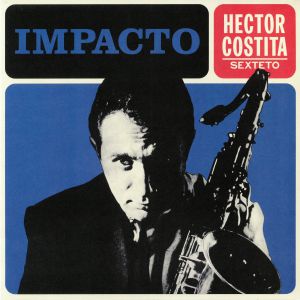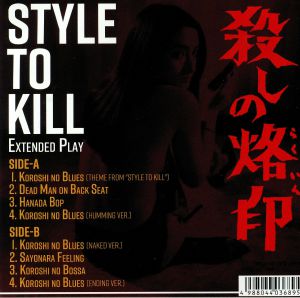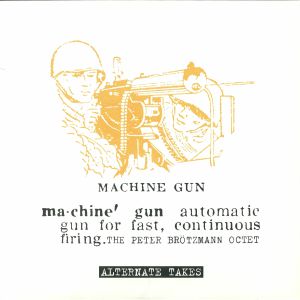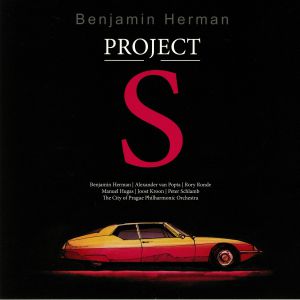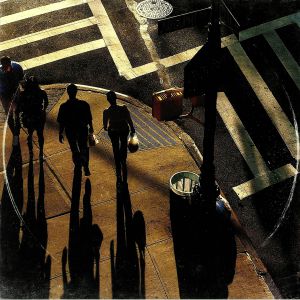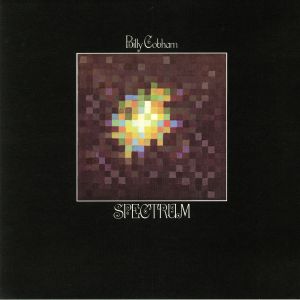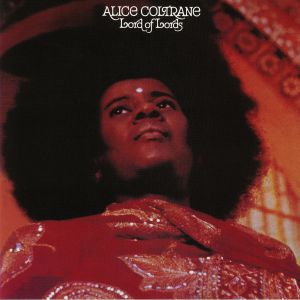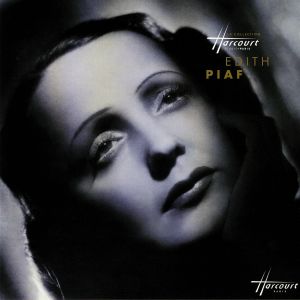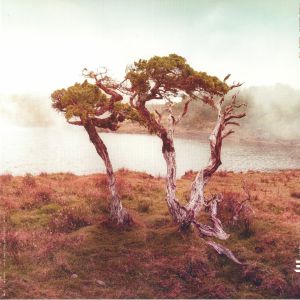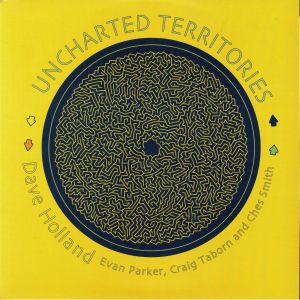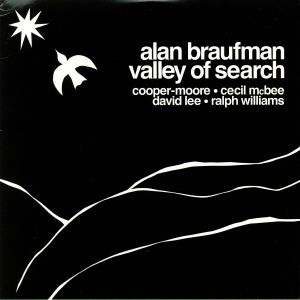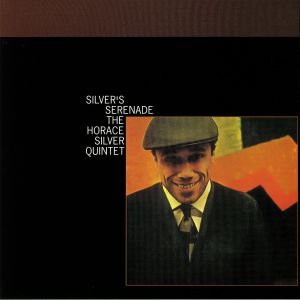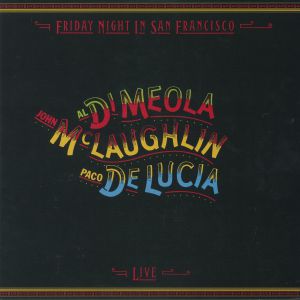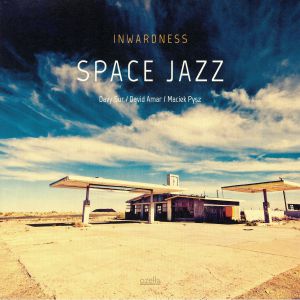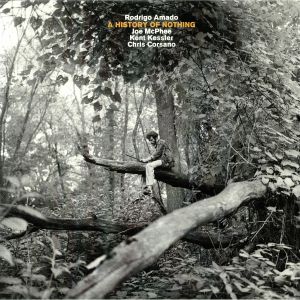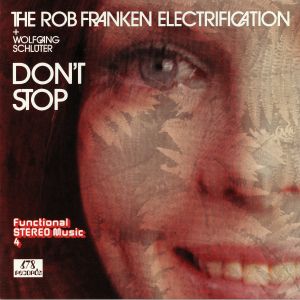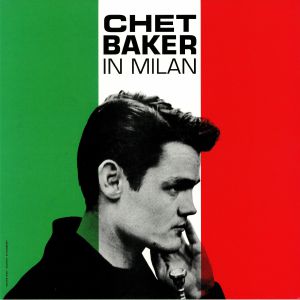
Juno Recommends Jazz
Jazz Recommends Jazz August 2018
1 Aug 2018
Read more...
1
Cat: OTR 004. Rel: 23 Jul 18
Jazz
Review: This album, the sole release from little-known contemporary jazz combo Jesse Sharps Quintet, first appeared on CD back in 2004. Surprisingly, Outernational has decided to reissue it on vinyl for the very first time. It's a good set, with the first three sides being taken up with heavy pressings of original JSQ album tracks. These have some subtle Afro-jazz influences, but for the most part are doff a cap to jazz greats of the 1960s and '70s. There's plenty of dancefloor-friendly material to be found, with the Kyoto Jazz Massive style "Question" and wild "Mike's Tune" standing out. As with the original CD release, the last track is a surprise bonus: an epic, 16-minute spiritual jazz excursion from Quintet member Horace Tapscott's Sun Ra-inspired Pan Afrikan People's Arkestra project.
...Read more
out of stock $34.87
2
in stock $41.62
3
out of stock $16.86
4
out of stock $19.41
5
Review: Japan's Mule Musiq returns with the second edition of the excellent Midnight In Tokyo series, showcasing their country's capital and its propensity for audio-visual dystopia. Most importantly, the compilation is made up of strictly Japanese talent, and centred on the wider 'house' sound. For instance, the opening "Hikobae", from Genji Sawai, is a majestic bit of Balearic that emanates the word 'downtempo' like nothing else we've seen. But, there is so much to explora and dig into here; our favourites from the packs are Air Suspension Club Band's boogie-leaning "In The Hot City", Jugando's future-jazz bit "Twisty", the effortlessly cool waves of "Samarkand" by Kingkon Paradise, and Om's "Windmill" - probably the best instrumental slice of neo-percussionism that we've heard from the imprint. Recommended.
...Read more
in stock $29.24
6
Review: By the time that Donald Byrd's Street Lady was released in 1973, the legendary jazz musician and producer had already racked up about 20 albums to his name, and the 70s marked his entrance into the funkier side of the genre. Street Lady is still one of his most relevant albums to date, possibly residing in the bag of just about every DJ who plays on vinyl, and has been sampled by a rather considerable amount of producers, too. The opening tune "Lansana's Priestess", for instance, was used in the cleverest of ways by Detroit house and techno producer Theo Parrish, while tunes like "Miss Kane" and "Sister Love" remain as monumental pillars of the scene. "Street Lady" is as iconic now as it was back in '73, with the same going for the experimental sounds of "Witch Hunt", while "Woman Of The World" ends on a gentle, euphoric stride. Unmissable, of course.
...Read more
out of stock $28.97
7
Cat: HJRLP 205. Rel: 09 Jul 18
Jazz
out of stock $26.72
8
out of stock $9.84
9
out of stock $24.19
10
Cat: 6758849. Rel: 09 Jul 18
Jazz
out of stock $48.10
11
in stock $22.79
12
Review: ** REPRESS ALERT ** Hector "Costita" Bisignani had arrived in Brazil from his native Argentina, where he started to play saxophone influenced by local legend Lalo Schifrin. During his first years in Brazil he would play with artists such as Joao Donato, Manfredo Fest and Sergio Mendes (as part of Sexteto Bossa Rio) and also released a solo album: O Fabuloso Hector. In 1964, Costita and his sextet recorded Impacto in Sao Paulo - an explosive mix of tough jazz and Brazilian samba in equal measure, widely considered his best work. Costita would later stop recording music for quite a few years, working as a sideman for many artists such as Elis Regina and Wilson Simonal and as a music teacher at CLAM: a Brazilian Music School founded by Zimbo Trio. Thankfully he would return to the studio in 1981 to continue his brilliant solo career.
...Read more
out of stock $25.60
13
out of stock $12.66
14
out of stock $25.03
15
out of stock $26.43
16
Review: It's been a long time between drinks for Present Sense, a Finnish combo helmed by experienced jazz bassist Jarno Lappalainen. Research confirms that the previous Pressent Sense single landed way back in 2004. For this return to the studio, American jazz vocalist Dean Bowman has joined in the fun. His Gregory Porter style vocals seemingly soar above the band's lilting, emotion-rich jazz on A-side "In The Present", with each musician getting solo space in the track's magical final moments. Turn to the B-side for "The Time", a more up-tempo jazz workout full of alternating horn solos and superb double bass playing by Lappalainen.
...Read more
out of stock $9.84
17
Review: ** REPRESS ALERT ** For the uninitiated: Billy Cobham is a Panamanian-American jazz drummer, composer and bandleader. He is also the brother of multi instrumentalist Wayne Cobham. He was inducted into the Modern Drummer Hall of Fame in 1987 and the Classic Drummer Hall of Fame in 2013. Produced with the legendary Jan Hammer (a former bandmate) and engineer Ken Scott in 1973, Spectrum was Cobham's first solo album after leaving his previous group Mahavishnu Orchestra. The album was heavily influenced by the music of Miles Davis, with whom Cobham had previously collaborated extensively. A seminal album of the jazz fusion scene. A Swiss resident since 1980s, Cobham now lives in Schoepfen, a canton near Bern.
...Read more
out of stock $31.50
18
out of stock $29.24
19
out of stock $17.16
20
out of stock $21.37
21
Cat: LPDARE 010. Rel: 23 Jul 18
Jazz
Review: Uncharted Territories is a three LP studio album by English jazz bassist Dave Holland, together with saxophonist Evan Parker, percussionist Ches Smith and pianist Craig Taborn. Avant-garde jazz for the most part, they present a series of deep, multi-layered conversations between one another - some of whom were collaborating for the first time. The origin of these new, free improvisation sessions goes back to Holland's pre-New York days and his association with Parker - when they played together in Spontaneous Music Ensemble.
out of stock $32.51
22
in stock $26.99
23
out of stock $10.11
24
Cat: IMXLP 6029. Rel: 09 Jul 18
Jazz
out of stock $56.24
25
out of stock $22.49
26
Cat: TR 170LP. Rel: 30 Jul 18
Jazz
out of stock $27.85
27
Cat: SSE 12006. Rel: 30 Jul 18
Jazz
out of stock $23.34
28
out of stock $19.12

 USD
USD




